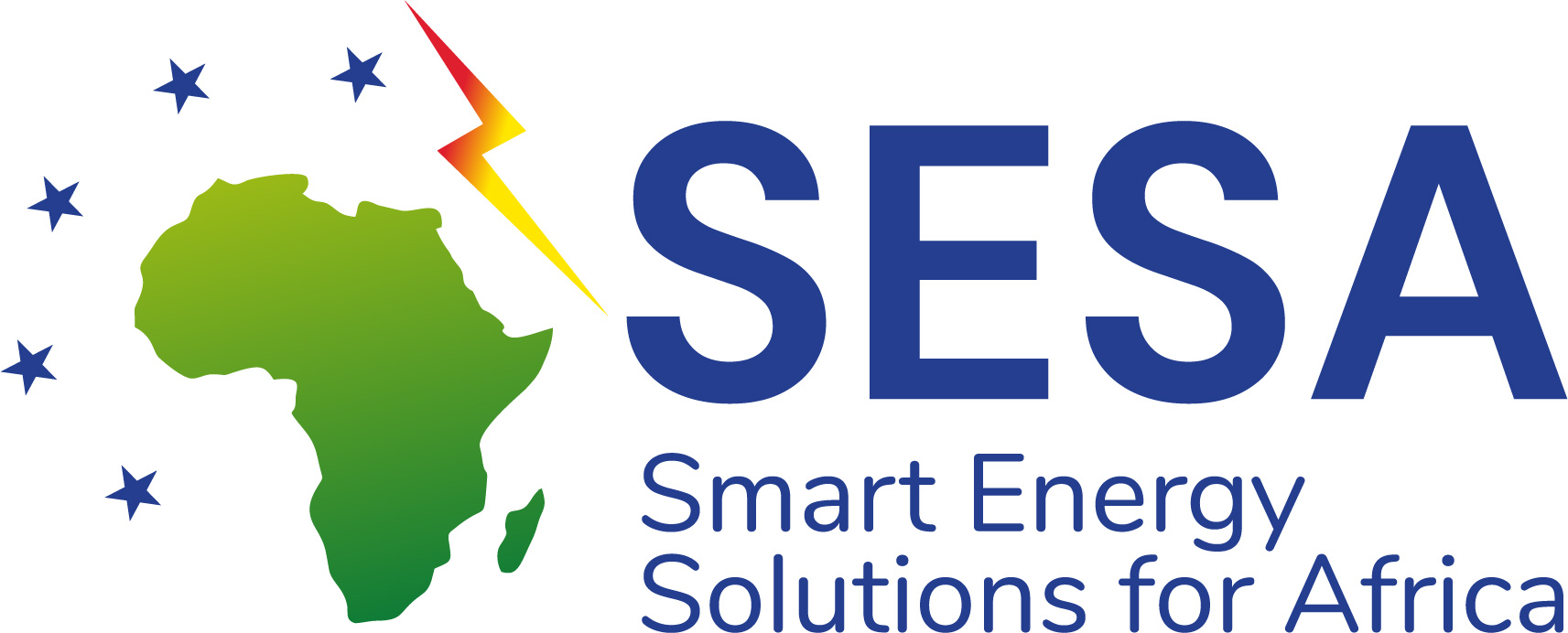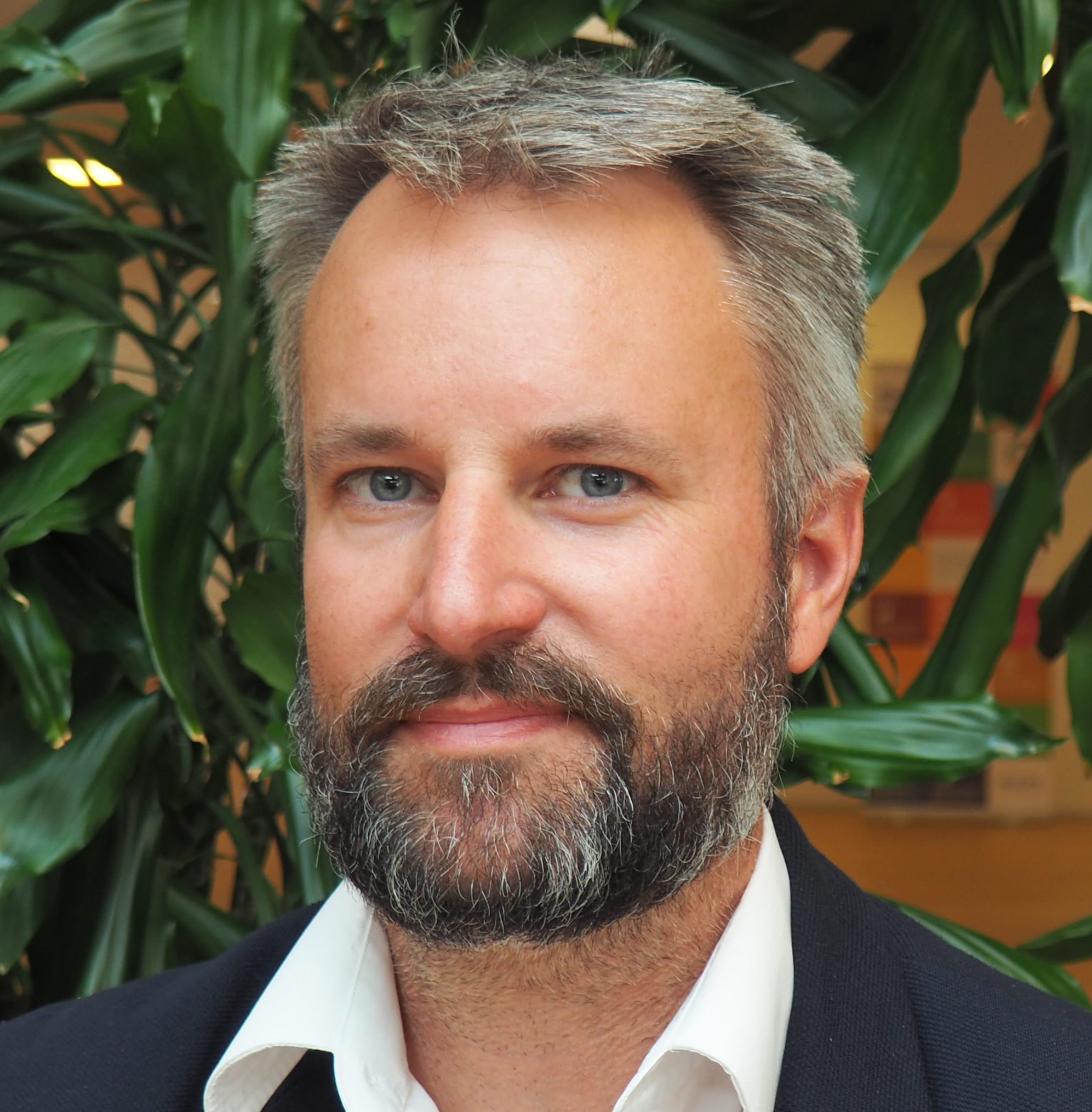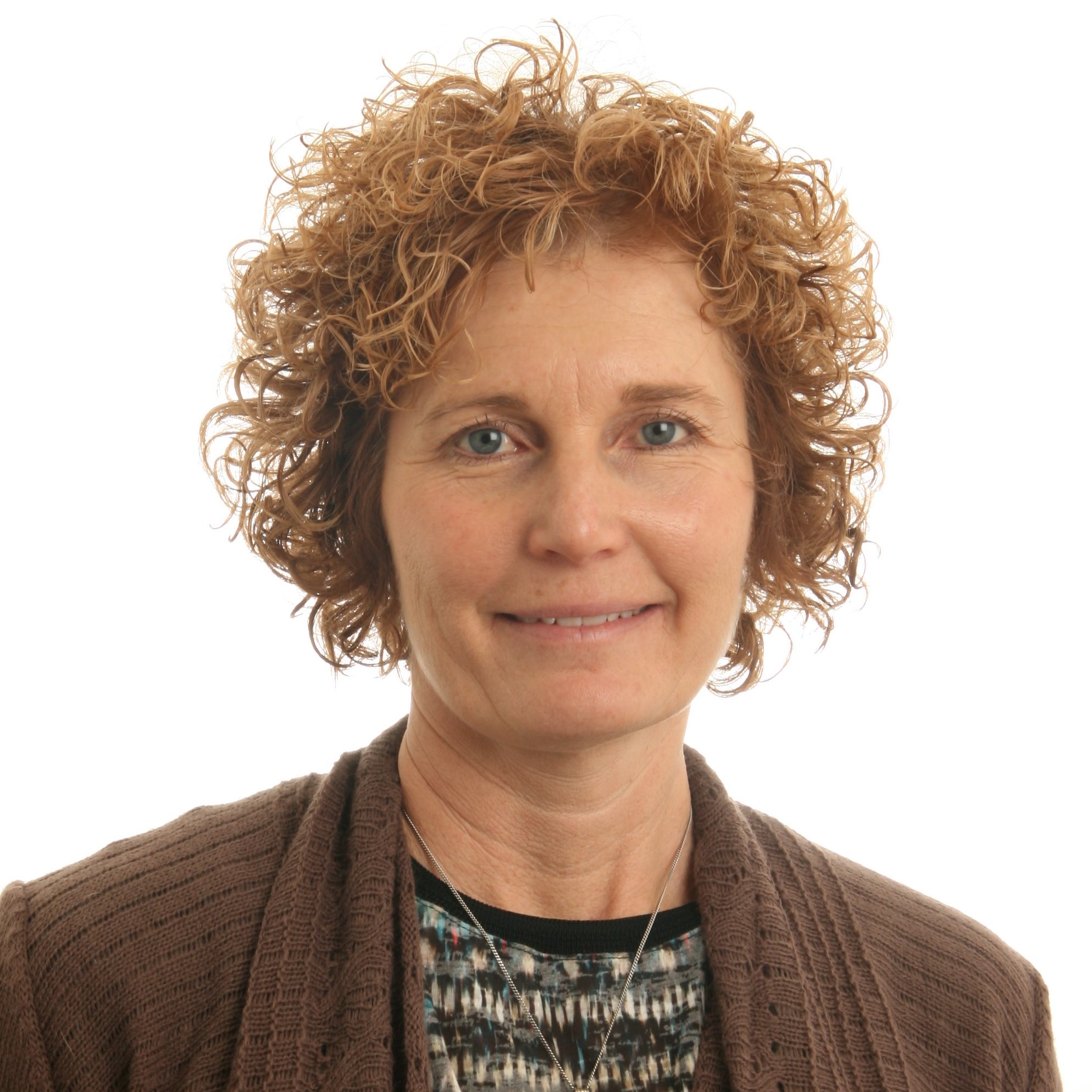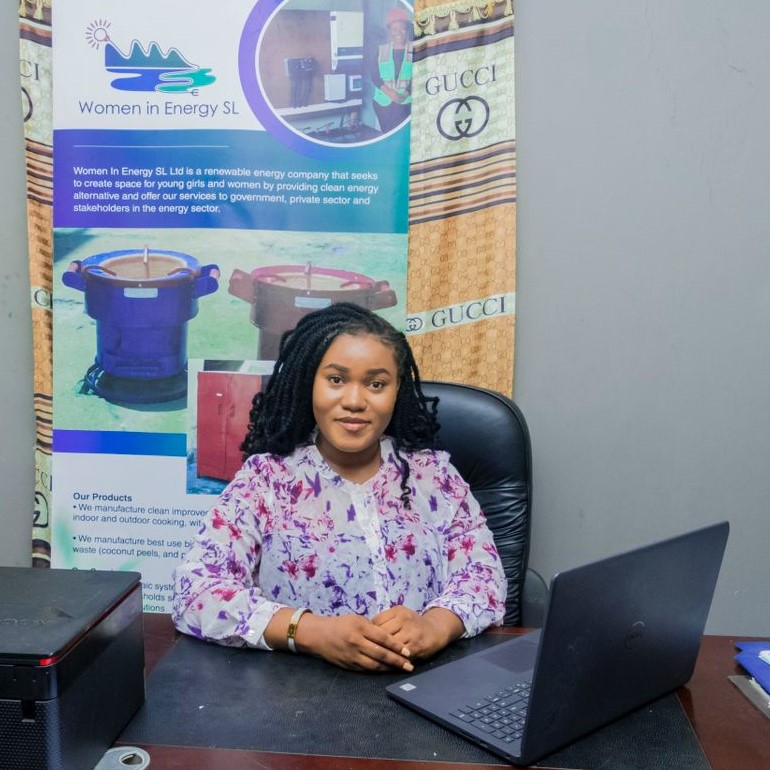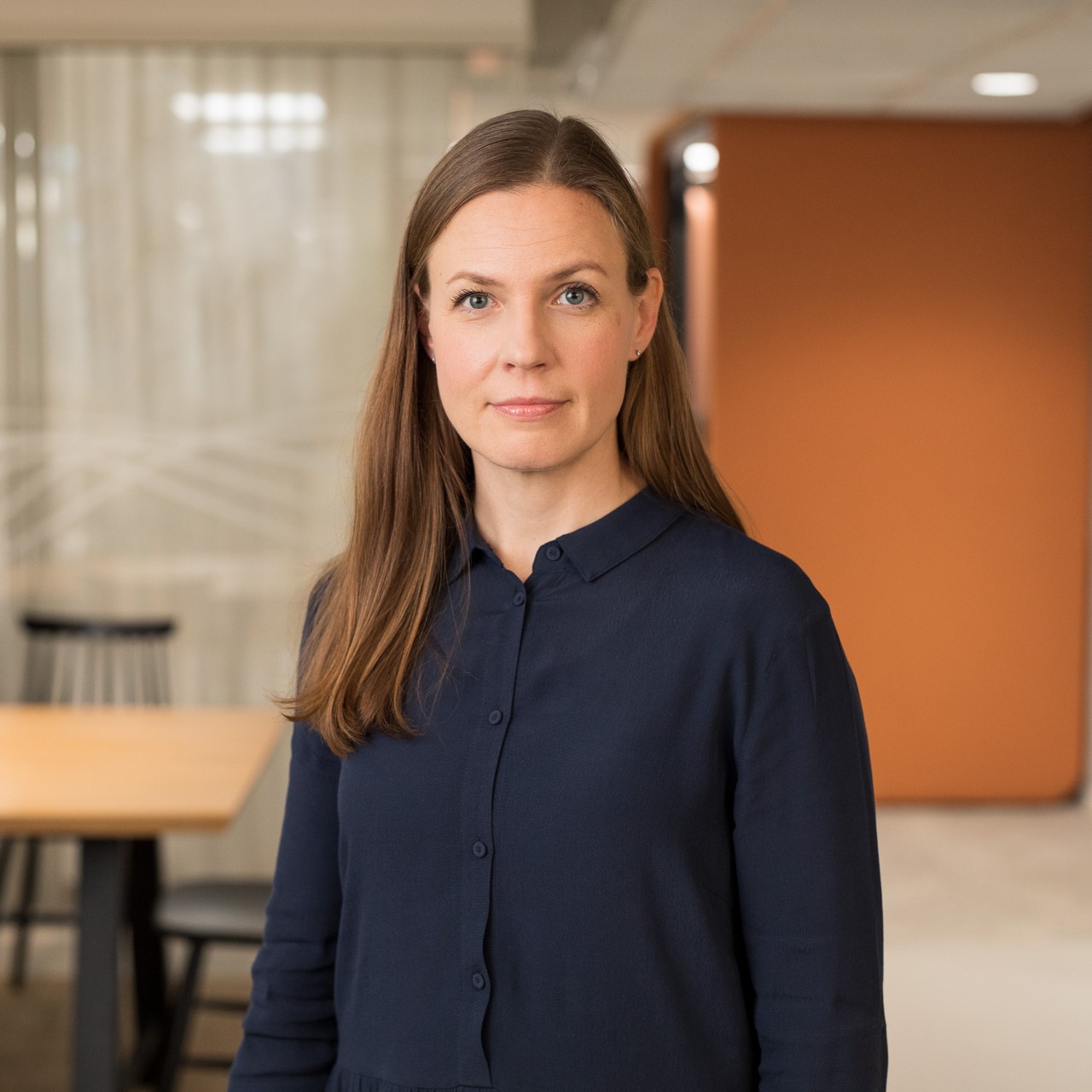Creating access to clean cooking is essential for climate action and was underscored at the recent high-level summit on clean cooking for Africa, organized by the IEA in May 2024. Charcoal and firewood remain major contributors to deforestation and account for 60-80% of black carbon emissions across Africa, driving substantial net carbon emissions. Using briquettes and pellets from agricultural residues as fuel can offer a sustainable alternative that protects forest ecosystems, supports local businesses, and improves the health of women and children.
To achieve the SDG7 target for universal access to affordable, reliable, and modern energy services, it is essential to place biomass-based and lower-tier cooking technologies within the broader context of the clean energy transition.
This webinar focused on
- Clean cooking as a climate action agenda, how this links to the broader energy transition.
- Benefits, opportunities and limitations of using agricultural residues as clean cooking fuel.
- Innovative and sustainable solutions from Malawi and Sierra Leone.
- Programs supporting access to clean cooking solutions and the adoption of sustainable cooking fuels.
Agenda
- Introduction – Download presentation here
James Haselip, UNEP Copenhagen Climate Centre
- Benefits and challenges using agricultural residues as fuel for clean cooking – Download presentation here
Susanne Paulrud, RISE Research Institutes of Sweden
- Clean cooking with briquettes from sunflower stalks in Malawi
Chikondi Khonje Going Green, Malawi
- Smart Green Stove and Smart Green Briquette in Sierra Leone
Margaret Yainkain Mansaray Women in Energy Sierra Leone
- Increasing access to clean cooking solutions with sustainable fuels in Africa – Download presentation here
Heli Sinkko, Nefco – the Nordic Green Bank, Programme Manager for Modern Cooking Facility for Africa
Watch the webinar here:
Organized by the SESA project, the webinar showcased successful initiatives and provided insights into making clean cooking a reality in communities across Africa.
Share this
Where:
GoToWebinar
